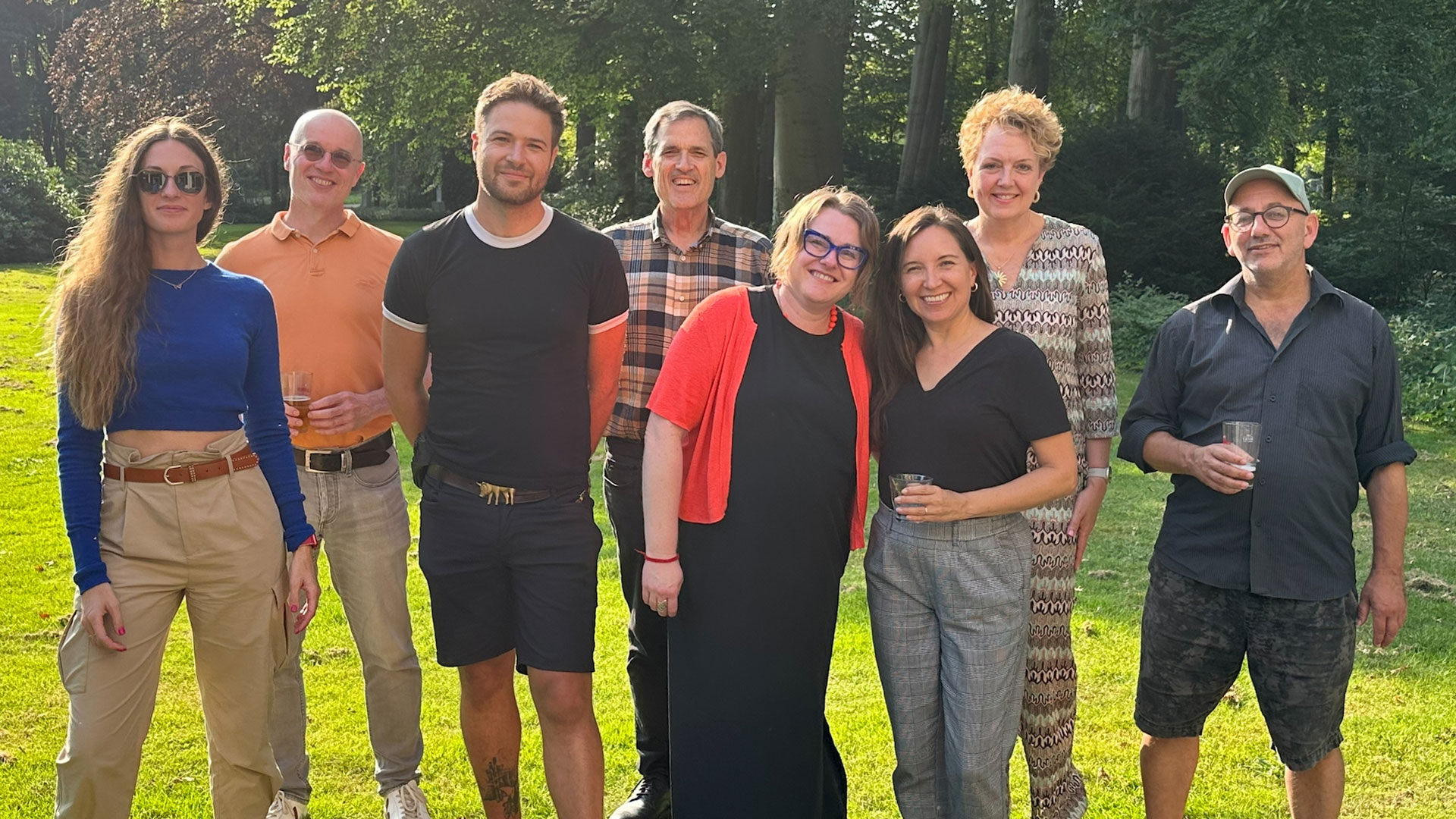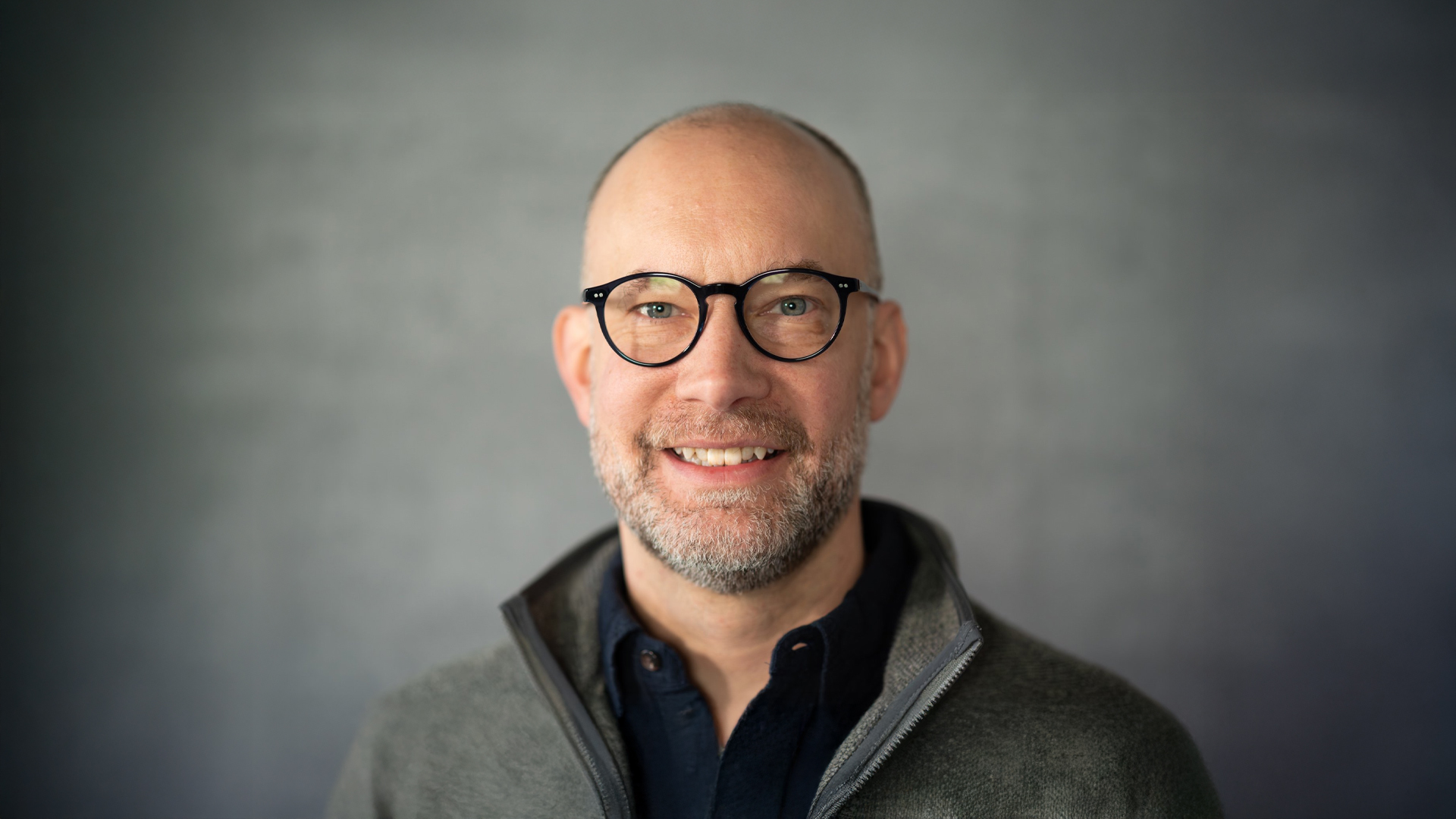IECD Program: A Student and Faculty Perspective
This feature originally appeared in the July 2024 edition of FOCUS Magazine. Read the article and entire issue here.
Faculty Perspective

Nina Newman, PhD
Reflective practice is how we wonder — together and individually — about the feelings, thoughts, and behaviors of ourselves and others. It is the ability to understand that what we bring to our interactions can affect another person — infant, child, adult — especially in terms of safety and trust, core to healthy relationships and growth. In IECD, this is foundational for our students, and for the infants, children, families, and practitioners with whom they work. Reflection is fundamental and is about developing a nonjudgmental understanding that the people with whom we engage are different than ourselves. We all have different nervous systems, strengths, areas for growth, histories, life experiences, and cultural backgrounds which combined shape our perceptions and how we make meaning in the world. Yet, we recognize we also have significant commonalities. As human beings, we are hard-wired to belong to each other. We are relational first and foremost. We need each other to survive and to thrive, especially in the face of change. IECD strives to elucidate how important this is as life is always changing, whether through development, personal growth, life events, trauma, or other circumstances beyond our control. We endeavor to support students and faculty to look inward and to feel and think outward, and to use reflective practice to broaden understanding and support inclusivity and equity in all our work. In doing so, IECD seeks to build the interconnective, relational network we need for the wellbeing of us all.
Student Perspective

Aretha Hampton
I started the IECD program in September 2020, never imagining the profound transformation it would bring to both my personal and professional life. My initial drive was a pure desire to learn more about infant-parent mental health and child development. As a medical social worker, it is incredibly important to understand how to not only intervene when there are challenges, but also how to be proactive to prevent or minimize challenges on the mezzo and macro level. This program was nothing short of amazing, expanding my knowledge base in ways that resonate with my values and beliefs about children and families. While it certainly challenged me, particularly in integrating theory and research, it ultimately revolutionized my approach. I can read research articles and apply both to practice and to advocate with evidence at the systemic level. The rigor of the program not only fostered learning but also encouraged me to reframe my thoughts and truly embody knowledge; moving beyond the knowing to really feeling what I know.
Hearing about experiences of colleagues pursuing doctorate degrees at other schools left me grateful for the cultural and life experiences my professors integrated into the curriculum and inclusive to their own inquiry of who I am and my lens as an African-American woman. As my journey nears its end, I’m immensely thankful for my dissertation committee (Drs Craig and Constantine). They listened, empowered, and supported me through the toughest moments, holding my hand as I faced fears and doubts about my writing and my ability to finish on time. They encouraged me to see beyond the dissertation. Isn’t that the point? To reflect and engage in ways that support creating new knowledge and understanding in order to better support children and families.
Join Over 7,500 Fielding Alumni Located Around The World!
Change the world. Start with yours.™






Get Social